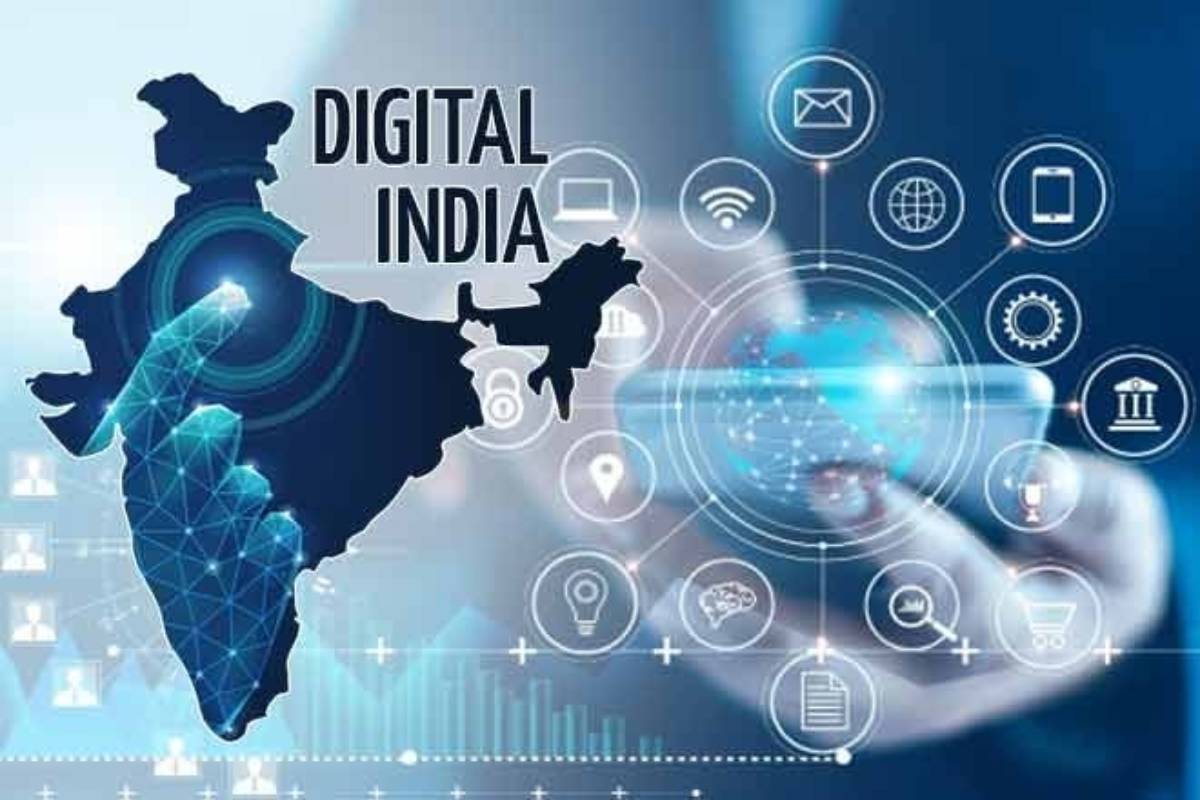India now ranks as the third largest digitalised country among the G20 nations after US and China, when compared by the aggregate level of digitalisation, a new report showed on Friday, stressing that India’s global ranking significantly improves when the full spectrum and scale of digitalisation is taken into account.
Digitalisation has made dramatic progress but the way it is being measured globally has not.
Most global indices do not completely capture the path of digitalisation adopted by developing countries, according to the ‘State of India’s Digital Economy (SIDE) 2024’ report by the Indian Council for Research on International Economic Relations (ICRIER) and the global consumer internet group Prosus.
“The world does not still truly get how technology has weaved itself into the daily life of Indians, which to me, is the real digital economy. India is truly a digital native country — not just the young that are born to technology, but even the older population take to technology,” said Debjani Ghosh, President, Nasscom, while releasing the report here.
“When you think of the digital economy of India, you should think in terms of the lens of impact and livelihoods,” she added.
Using a new approach called the CHIPS (connect–harness–innovate–protect–sustain) framework, the report benchmarked the scale and depth of India’s digital transformation with respect to G20 countries as well as for Indian states and UTs.
This approach is better suited for developing countries like India as it captures both the opportunities and risks created by digitalisation.
Unlike global indices that focus entirely on the average user, it recognises the scale of the network and breadth of use of technology at the economy-wide level by proposing two separate indices — one to measure digitalisation at the economy-wide level and second at the user-level, the report by ICRIER-Prosus Centre for Internet and Digital Economy (IPCIDE) noted.
“There is a huge amount of work already done in terms of innovation, government support, financial access and skills. As an emerging economy India has truly leapfrogged into the digital age,” said Pramod Bhasin, Chairperson, ICRIER.
India has the world’s second largest internet network with more than 700 million users. It has also seen one of the fastest rollouts of 5G, after its launch in October 2022.
During its G20 presidency, India was recognised as a champion of using digital public infrastructures for large scale delivery of public services. It has issued more than 1.3 billion biometric IDs through the Aadhaar system.
More than 83 billion UPI transactions took place in India in FY2022-23, the highest volume of real-time digital payments for a country, followed by China and Brazil.
“By highlighting the latest thinking on India’s digital transformation and presenting a new approach to measuring digitalisation, the SIDE report can help Indian policymakers make informed decisions,” said Sehraj Singh, Managing Director, Prosus India.





